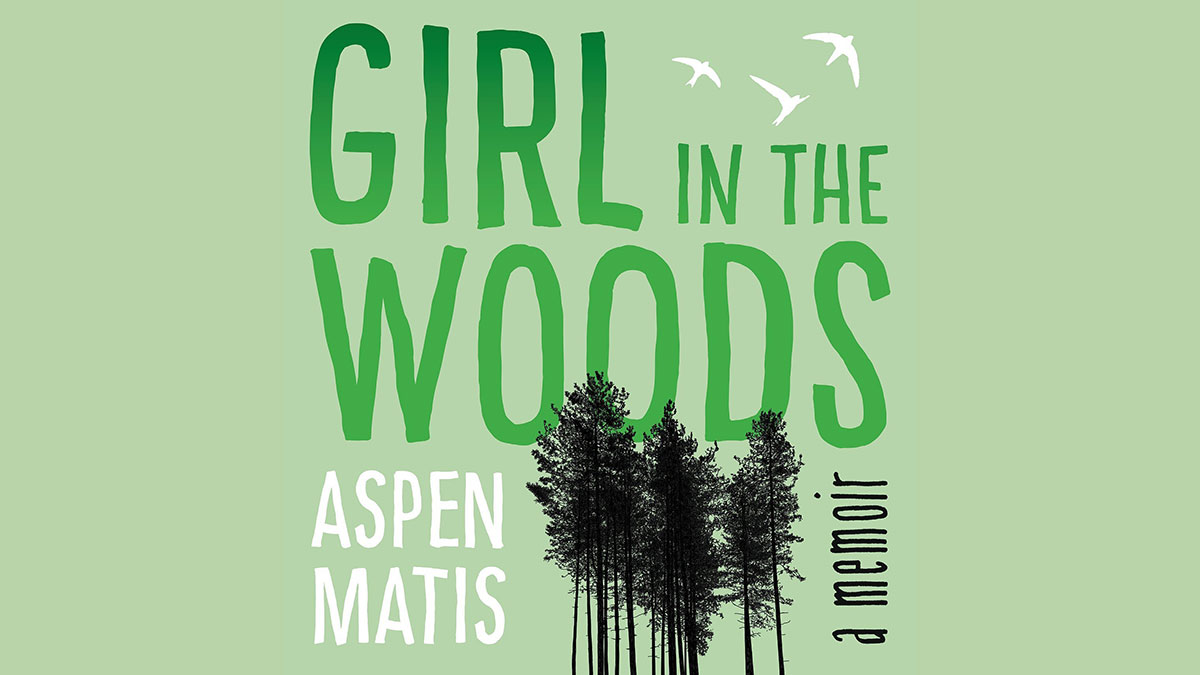Aspen Matis finds salvation through a dangerous decision
 Supplied
SuppliedOn her second night of college, before classes had begun, Aspen Matis was sexually assaulted. After her attack, Matis dropped out of school when her college failed to support her. She opted to hike the Pacific Crest Trail, a 2 650 mile trek spanning from Mexico to Canada moving upwards through America on the west coast. From self-doubt to self-redemption Matis learned that you can only find happiness from within. In her memoir Girl in the Woods, Matis talks how she bravely takes on the Pacific Crest Trail to reclaim her body.
Readers are welcomed into her mind as she sits in her tent on the harsh trail, dealing with racing thoughts of loneliness. Matis reflects on how the seclusion was necessary for her.“[It] [was] what I needed then because I didn’t need anyone else to be feeding me what I thought or what I should be feeling,” she says.The walk, to Matis, was a way to be free from opinions and take time to scream into the emptiness of the wild.
“It felt good in the way that feeling sore after exercising feels good, when you’re uncomfortable,” says Mathis. “This strengthening pain was “a growing pain… as [John] Steinbeck says, “an aching kind of growing.”” In her memoir, Matis begins some chapters with quotes from famous authors that drive her inspiration.
As a writer, Matis had written for herself about the rape and the hike as a way to process her experiences. She says writing allowed her to find out what she was thinking. She used writing as a way to process what happened to her, and notice patterns in her decision making, both in relation to the sexual assault and on her journey through the wilderness.
Her passion for reaching out to young people struggling with shame is moving. Matis hopes to aid people’s coping process through her memoir. At several points in Girl in the Woods Matis deals with dark moments laden with self-criticism and self-blame. Her revelations are empowering — it shows how far she’s come from the anxious girl at the beginning of her journey.
“Short shorts don’t cause rape, vodka doesn’t cause rape, weed doesn’t cause rape,” Matis states. “Rapists cause rape; no one causes rape but rapists. Even if it doesn’t feel obvious to you. It’s the truth.”
Most inspiring is Matis’ advice as she explains what she has learnt from her experiences. There is a moment in her hike where she tries to justify situations that have happened to her by evaluating previous actions and choices. She thinks that maybe had she done things differently in her past she would have been stronger in the situation of her attack.
“It is not your responsibility to prevent someone from attacking you… it is their responsibility not to attack you.” Matis says.
She encourages people to never be mad at themselves for something that a friend wouldn’t be mad at them for. But to remember that it will be difficult because we truly are our own worst critics. Matis outlines a quote from her memoir to explain this: “The way to adoration and self love is to behave like someone you love and adore. The magic is that we all can.”
People build up walls in their mind and they fail to realize that they are only present in their imaginings. Inner strength must be discovered because it is unhealthy to rely on others in your life to be the solution to your own problems. Matis reveals how every person in her life became a necessity to her and she no longer felt like she had everything she needed and wanted. Relying on yourself is what gives you control.
“You are strong enough and you are brave enough to leave your relationship that’s stifling you, to quit your job that is wrong for you, to commit to doing the work you love because if you commit to the work you love then you will be happy and if you’re happy you will treat other people well,” she says.
Matis’ message was simply to love yourself and be the best person you can be and see how the world reacts because “what we do matters” as everything happens for a reason.




